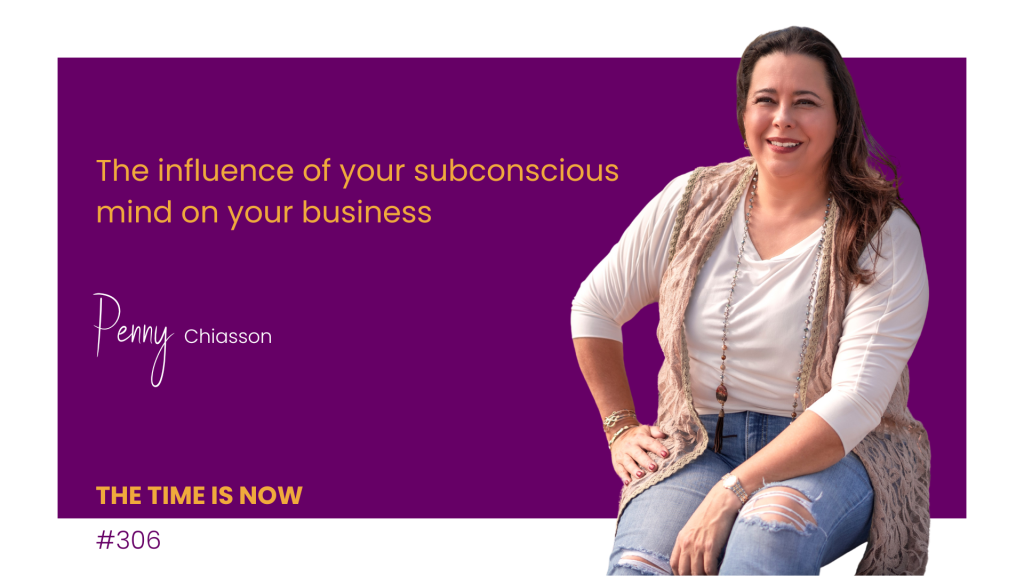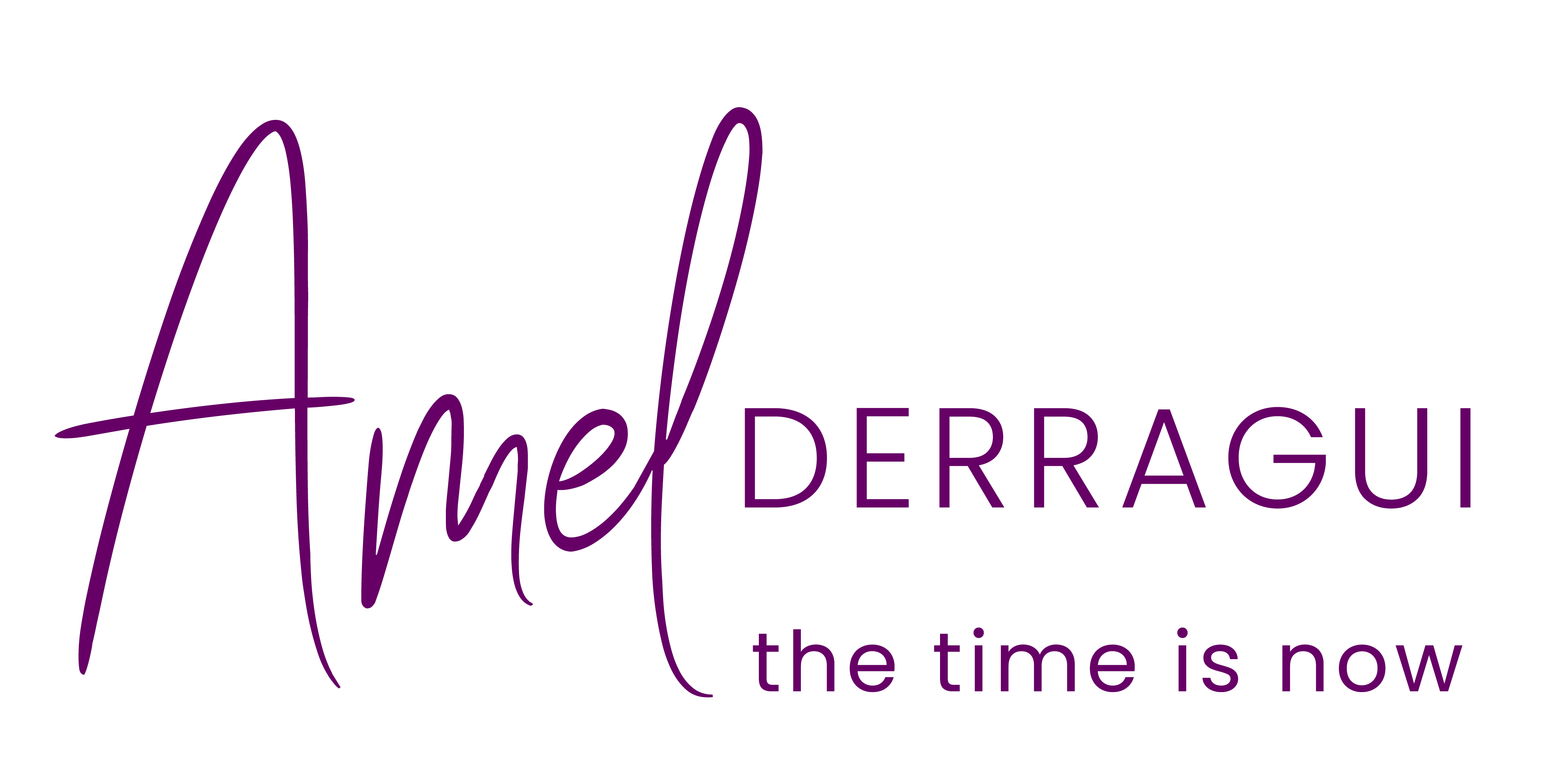The influence of your subconscious mind on your business

Listen on your podcast app:
Fear, overwhelm, procrastination and the inability to make decisions are often the symptoms signaling that something is stopping you from creating the results you want in your business.
Sometimes, it is simply the results themselves, or lack of results, that will indicate it is time to THINK and behave differently to bring your vision to reality, and make the big impact you want to see.
As soon as you start recognizing how your subconscious mind influences the way you show up in your life and your business, you will open the door to many opportunities for change and transformation.
There were two major moments in my entrepreneurial journey where I felt stuck. It is only when I realized how my subconscious mind what was holding me back that I could start addressing the real issue and making the transformation I needed.
Take back the control of your subconscious mind to drive the results and the change you want.
One of the tools that I used was hypnotherapy, with the support of the certified hypnotherapist Penny Chiasson.
I invited her to debunk some of the myths around hypnotherapy, and share her expertise on how you can gain control of your subconscious mind to create the results you want.
Penny Chiasson is an award-winning Board Certified Hypnotist, #1 International Best Selling author and hosts the Penny, On Your Thoughts podcast. She is a Certified Professional Hypnosis Instructor, contributes to two industry journals and sits on the advisory board of the International Association of Hypnosis Professionals.
For 25 years, Penny worked as a nurse and nurse anesthetist. During that time, Penny learned of the power of the mind to heal the body through hypnosis. In 2019, Penny walked away from healthcare to focus her attention on creating a unique and individualized approach to help others achieve personal success by healing their relationship with themselves. Penny has worked with leading coaches, influencers, CEOs and business leaders in 23 countries on 6 continents.
What you will learn:
- How the subconscious mind influences the way you show up in business
- How to gain awareness of your thoughts and debunk your limiting beliefs
- What hypnosis is and how it can help free yourself from what is holding you back
Resources of this episode:
- Find the book: The Biology of Belief
- Another great read: The Big Leap: Conquer Your Hidden Fear and Take Life to the Next Level
- The book: Breaking The Habit of Being Yourself
Find Penny online:
Enjoyed this episode? Please leave a review
Please leave a review or a comment to help me reach more people who need to hear this. Choose your favorite podcast app:
